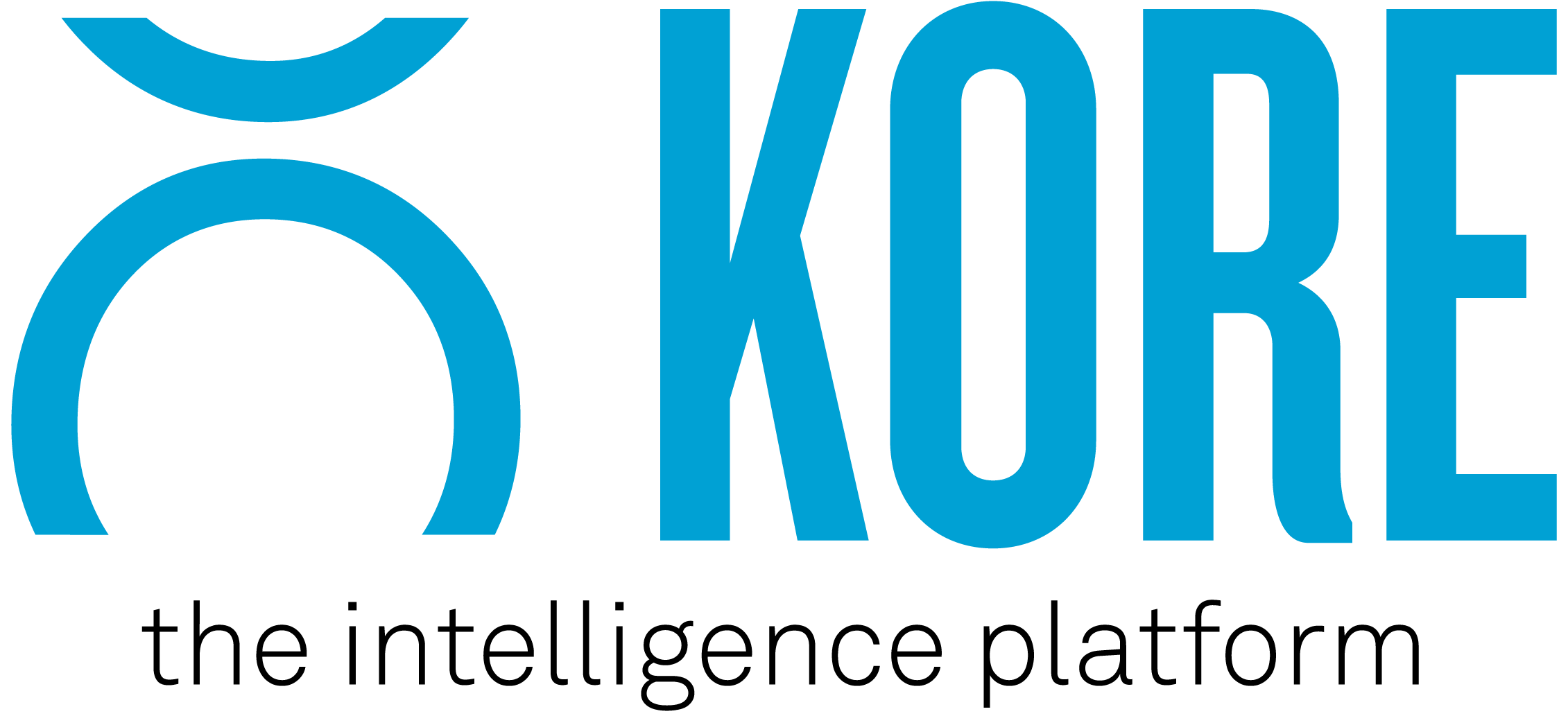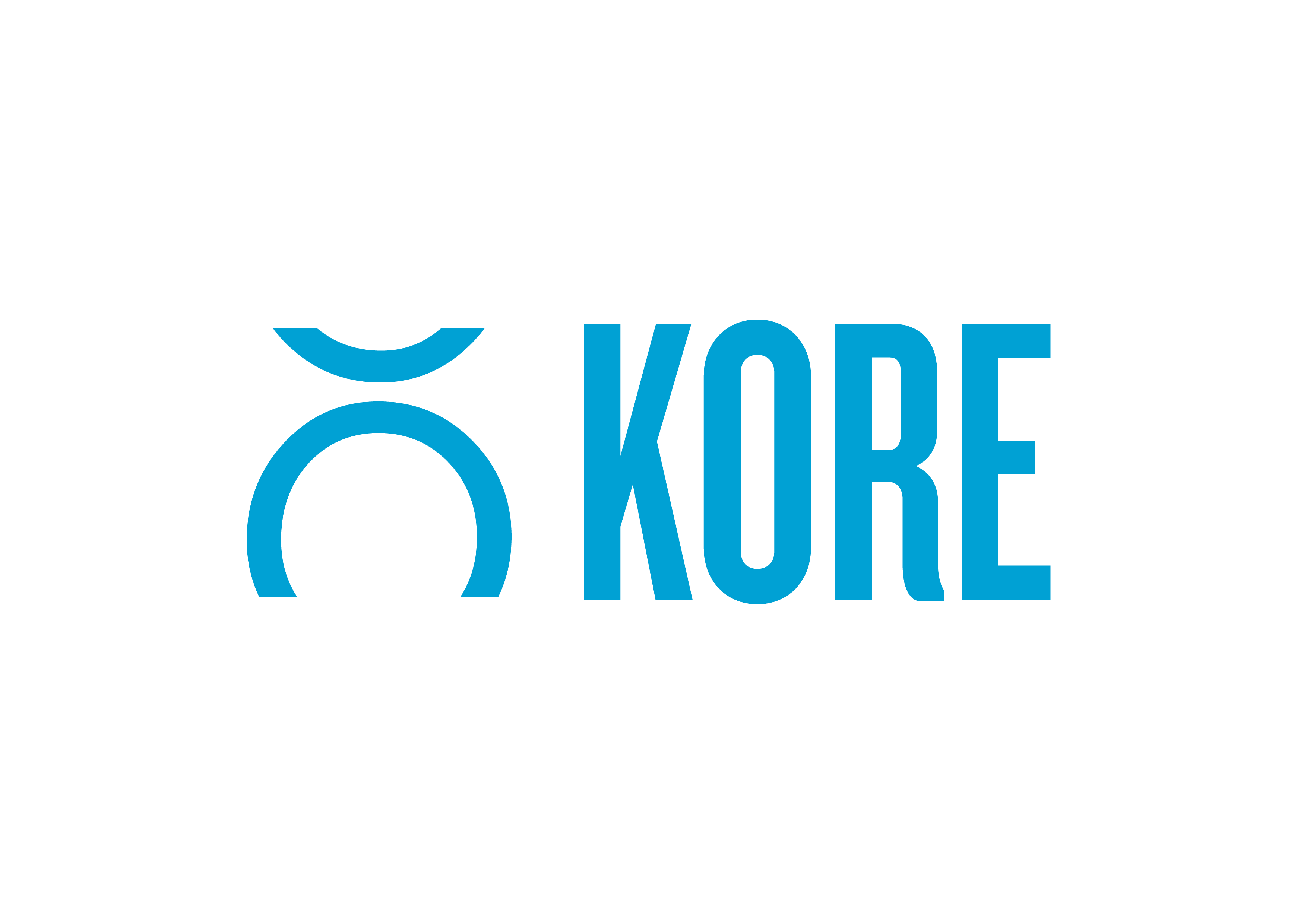Partnerships never go out of style
We can all recall instances where an artist, influencer, or athlete’s personal life turns into a brand partner’s nightmare or a shiny new partnership ends in bankruptcy within a year (cough, FTX, cough). With global spend on sponsorships expected to grow to $116B by 2027, partnerships will only continue to evolve. You can avoid the mayhem (thank you, Allstate) by implementing a 3-step airtight vetting process that saves your team time and surfaces the right sponsorship opportunities.
It’s Like Data Governance but for Sponsorship
Analysts, partnership managers, brand managers, and rights holder’s data scientists use sponsorship data. Systems can be put into place to create and change data for usable purposes such as reporting, research, identifying the right partnerships based on a certain set of criteria, highlighting value, marketing and beyond. But everyone needs to abide by a set of rules and reporting standards to follow for using the data. Simply doing things with data is the easy part, but only if the data is of good quality and is useful. Often, organizations that have sponsorship data don’t have a way to manage it in a useful way. For example, an internal portal designed to vet sponsorship applications based on customized criteria set by your stakeholders or governance polices will surface the data that you can use to make the best decisions for the brand.

Effective sponsorship governance is crucial for organizations aiming to maximize the benefits of their sponsorship investments. It helps:
- Establish clear guidelines and accountability measures
- Mitigates risks
- Ensures transparency in the management of sponsorships
By implementing robust sponsorship governance practices, organizations can enhance their ability to build successful partnerships and achieve their desired outcomes.
How Brands Benefit from Sponsorship Governance
Ensuring alignment with organizational objectives
One of the primary benefits of sponsorship governance is its ability to ensure alignment between sponsorships and an organization’s objectives. By defining clear criteria and evaluating sponsorships against strategic goals, organizations can select partnerships that are most likely to contribute to their success. Sponsorship governance enables organizations to prioritize sponsorships that align with their brand values, target audience, and overall mission.
Maximizing return on investment (ROI)
Effective sponsorship governance helps organizations maximize their return on investment (ROI) by ensuring that sponsorships deliver measurable value. Through careful evaluation and monitoring, organizations can assess the impact of their sponsorships and make informed decisions about ongoing or future investments. Sponsorship governance facilitates a data-driven approach to sponsorship management, allowing organizations to optimize their strategies and allocate resources effectively.
Mitigating risks and managing conflicts of interest
Sponsorship governance provides a framework for mitigating risks and managing conflicts of interest that may arise in sponsorships. By establishing ethical guidelines and due diligence processes, organizations can identify potential risks and ensure that sponsorships align with their values and legal obligations. Additionally, sponsorship governance helps manage conflicts of interest by implementing transparency measures and clear decision-making protocols.
Enhancing transparency and accountability
Transparency and accountability are vital aspects of successful sponsorships. Sponsorship governance fosters transparency by establishing reporting mechanisms, disclosure requirements, and guidelines for managing relationships with sponsors. This not only promotes trust and credibility but also helps organizations demonstrate their commitment to ethical practices to stakeholders and the public.
Implementing Effective Sponsorship Governance
Establishing a clear governance structure
To implement effective sponsorship governance, organizations need to establish a clear governance structure. This involves defining roles and responsibilities for sponsorship decision-making and oversight, such as creating a sponsorship committee or appointing a sponsorship manager. By clarifying decision-making authority and lines of communication, organizations can streamline the sponsorship process and ensure accountability.

Defining roles and responsibilities
Clearly defining roles and responsibilities is crucial for effective sponsorship governance. Each stakeholder involved in the sponsorship process should understand their responsibilities, from identifying opportunities to evaluating sponsorships and managing relationships. This clarity ensures that everyone involved is aligned with the organization’s objectives and can contribute to successful sponsorship outcomes.
Developing sponsorship policies and guidelines
Comprehensive sponsorship policies and guidelines provide a framework for consistent decision-making and accountability. These documents should outline the organization’s sponsorship objectives, criteria for sponsor selection, evaluation mechanisms, and ethical considerations. By establishing clear guidelines, organizations can avoid ad hoc decision-making and ensure that sponsorships align with their overall strategy.
Implementing monitoring and evaluation mechanisms
Monitoring and evaluation are integral parts of sponsorship governance. Organizations should establish mechanisms to track key performance indicators (KPIs) and regularly evaluate the impact and effectiveness of sponsorships. This data-driven approach allows organizations to make informed decisions about ongoing or future sponsorships, adjust their strategies if needed, and demonstrate the value of sponsorships to stakeholders.
Best Practices for Sponsorship Governance
Conducting due diligence on potential sponsors
Before entering into sponsorship agreements, organizations should conduct due diligence on potential sponsors. This process involves researching the sponsor’s reputation, financial stability, alignment with the organization’s values, and any potential conflicts of interest. By assessing the credibility and compatibility of potential sponsors, organizations can make informed decisions and establish successful long-term partnerships.
Negotiating and documenting sponsorship agreements
Clear and well-documented sponsorship agreements are essential for successful sponsorship governance. Organizations should engage in thorough negotiations to define the terms, rights, and obligations of both parties. This includes specifying the duration of the sponsorship, promotional activities
At KORE, we understand the importance of sponsorship governance in optimizing the needs of the largest footprint of teams, leagues, brands, and agencies. Our comprehensive services cater to your sponsorship requirements, ensuring success at every step. Let us guide your team towards effective sponsorship governance and elevate your sponsorship strategy. Reach out for a demo anytime.
Read FAQs & Key Components.




